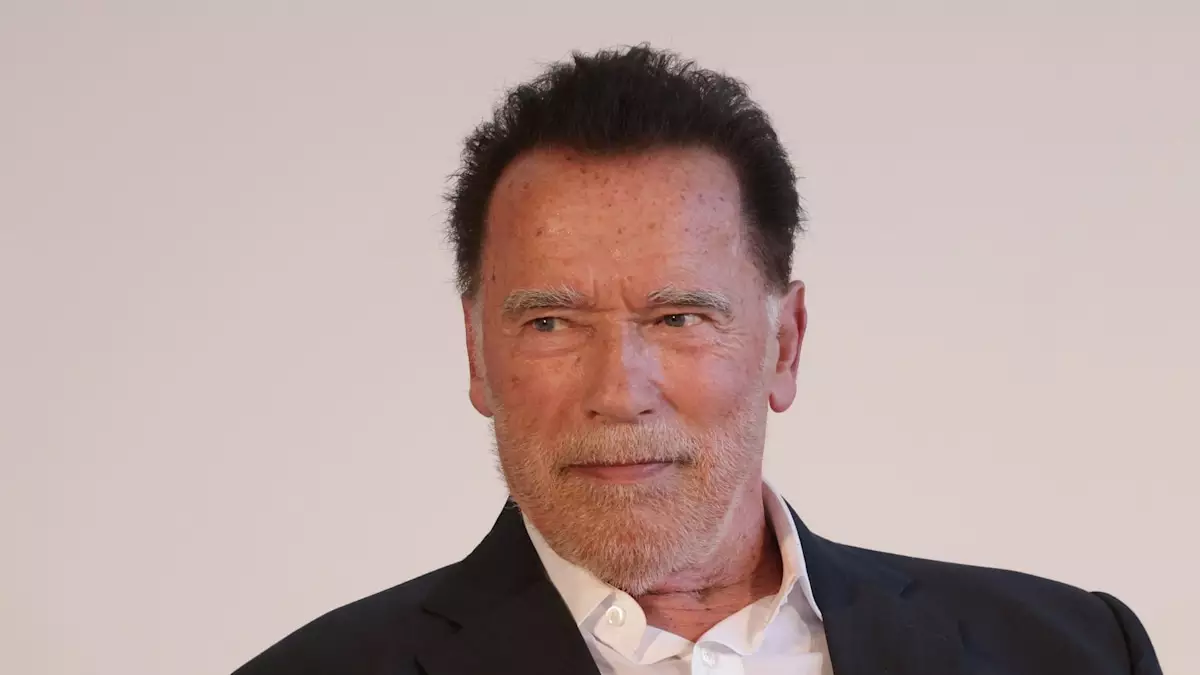In a notable departure from his past affiliations, Arnold Schwarzenegger publicly announced his endorsement of Vice President Kamala Harris as the November 5 election approaches. This endorsement is particularly striking given Schwarzenegger’s history as a Republican, notably serving as the Governor of California from 2003 to 2011. In a recent post on X, he articulated the rationale behind his choice, revealing a deep discontent with the current political landscape and his former party’s trajectory.
Schwarzenegger opened his statement with an honest assessment of the political climate, expressing skepticism toward both major parties. He stated, “Let me be honest with you: I don’t like either party right now.” This admission sets a contemplative tone, as it outlines his frustration and disinterest in the associated political drama. Schwarzenegger’s candidness resonates with many citizens who feel increasingly disconnected from traditional political narratives. His acknowledgment of political fatigue reflects a broader sentiment within the electorate, amplifying the idea that many Americans are seeking authenticity over partisanship.
Furthermore, Schwarzenegger acknowledged his reluctance to endorse any candidate, underscoring his belief that celebrities often shy away from political commentary yet that people desire his input due to his unique position. “I’m not just a celebrity; I’m a former Republican Governor,” he explained, emphasizing his intent to contribute meaningfully to the dialogue, albeit amidst his personal disillusionment with politics.
Arnold’s endorsement is not merely a political gesture; it is also a call for unity against division. He articulated a powerful message regarding the rejection of election results, characterizing such actions as fundamentally un-American. This sentiment was notably directed at former President Donald Trump, with Schwarzenegger blaming Trump for fostering anger and division in America. He referred to the Capitol insurrection on January 6, framing it as an event that contradicted the core principles of democracy and patriotism.
“I want to move forward as a country,” he stated, implying that the nation needs a leader who embodies that potential. His support for Harris and gubernatorial candidate Tim Walz represents not just a shift in personal allegiance but also a broader indictment of the divisive tactics he believes have characterized Republican leadership in recent years. Schwarzenegger’s contention that rejecting Trump is synonymous with preserving American ideals reinforces his alignment with Harris, who stands as a figure aspiring to bridge divides.
As the election draws near, Schwarzenegger’s endorsement encourages civic engagement among those who feel similarly disenchanted. “Vote this week,” he urged, a simple plea that underscores the importance of participation in democracy, regardless of personal opinions on candidates or parties. By advocating for ballots to be cast, he elevates the discourse from mere political preference to a civic duty, reminding followers that engagement is essential to meaningful change.
The appeal to action resonates particularly well in an era where many Americans feel apathetic or overwhelmed by political turmoil. Schwarzenegger’s push to rally the electorate is a significant component of his message, inviting those who share his frustrations to actively shape the nation’s future.
A Legacy of Leadership and Change
Arnold Schwarzenegger’s endorsement showcases a pivotal moment in his political journey and sends shockwaves through the political landscape. His comments reiterate an evolving narrative among prominent figures who challenge party allegiances in favor of integrity and national unity. Schwarzenegger’s sentiments mirror a larger trend of celebrity influencers actively engaging in political discourse, reflecting a societal shift where personal convictions often supersede party loyalty.
As Arnold Schwarzenegger throws his support behind Kamala Harris, he embarks on a journey that prompts many to reconsider their own political affiliations and responsibilities. His candidacy speaks not just to personal choices but also to the envisioned future of American democracy as citizens navigate their way toward the pivotal 2024 election and beyond—encouraging all to embrace their role in such a consequential dialogue.


Leave a Reply